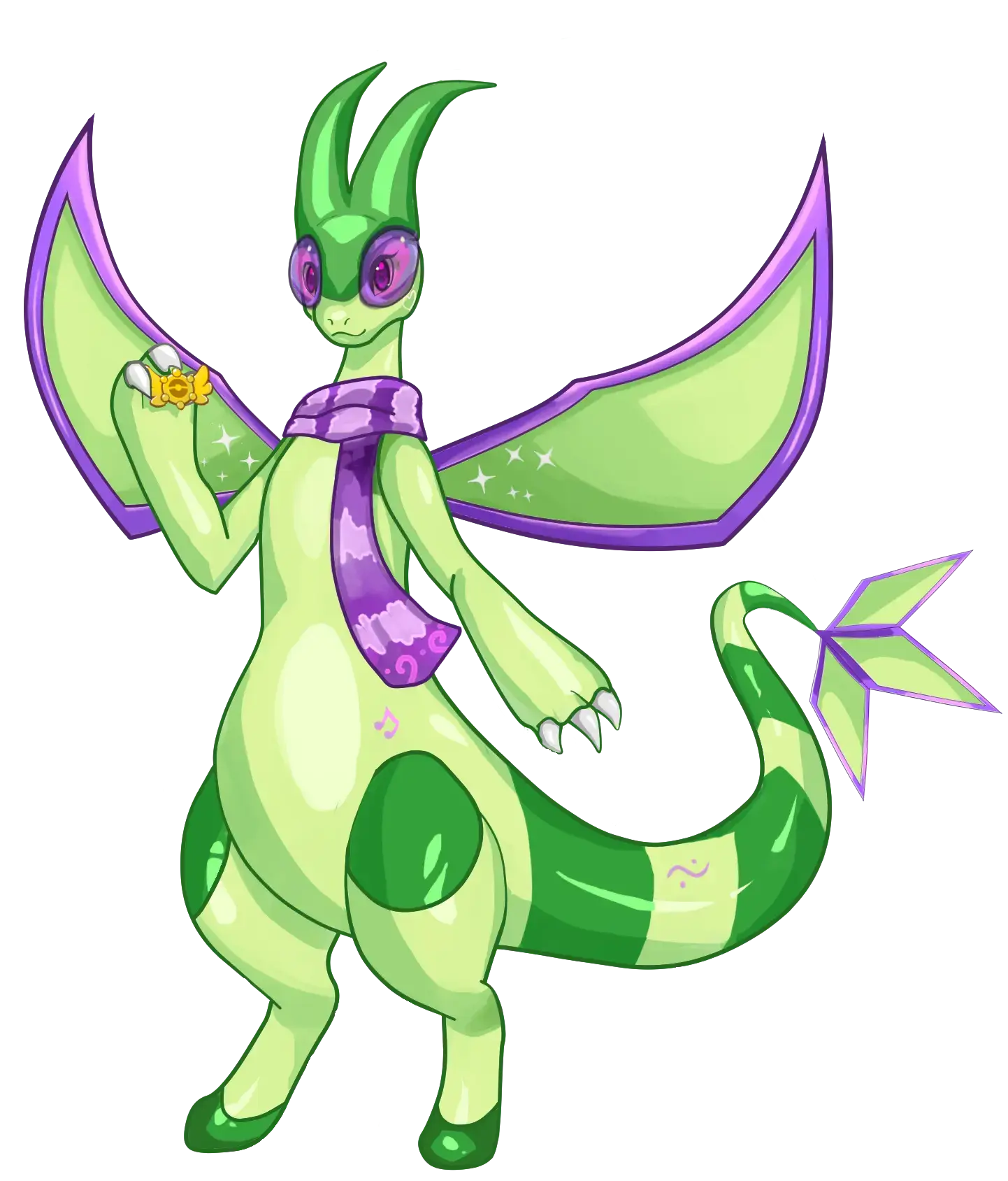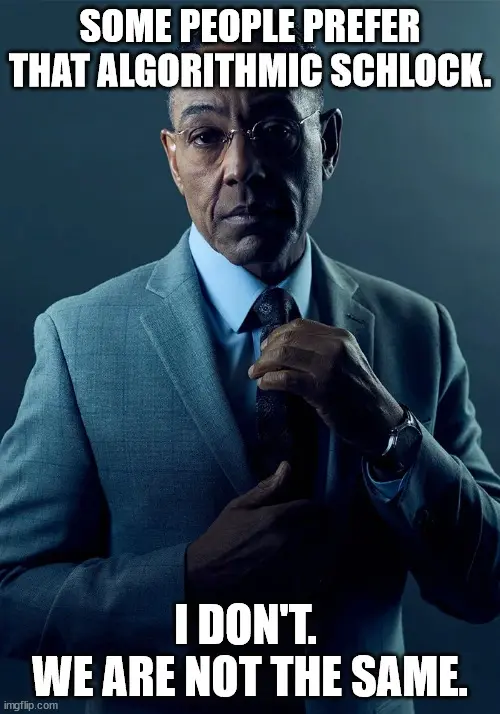
Melody Fwygon
Beehaw alt of @melody@lemmy.one
@fwygon on discord
- 0 Posts
- 6 Comments


AI art is factually not art theft. It is creation of art in the same rough and inexact way that we humans do it; except computers and AIs do not run on meat-based hardware that has an extraordinary number of features and demands that are hardwired to ensure survival of the meat-based hardware. It doesn’t have our limitations; so it can create similar works in various styles very quickly.
Copyright on the other hand is, an entirely different and, a very sticky subject. By default, “All Rights Are Reserved” is something that usually is protected by these laws. These laws however, are not grounded in modern times. They are grounded in the past; before the information age truly began it’s upswing.
Fair use generally encompasses all usage of information that is one or more of the following:
- Educational; so long as it is taught as a part of a recognized class and within curriculum.
- Informational; so long as it is being distributed to inform the public about valid, reasonable public interests. This is far broader than some would like; but it is legal.
- Transformative; so long as the content is being modified in a substantial enough manner that it is an entirely new work that is not easily confused for the original. This too, is far broader than some would like; but it still is legal.
- Narrative or Commentary purposes; so long as you’re not copying a significant amount of the whole content and passing it off as your own. Short clips with narration and lots of commentary interwoven between them is typically protected. Copyright is not intended to be used to silence free speech. This also tends to include satire; as long as it doesn’t tread into defamation territory.
- Reasonable, ‘Non-Profit Seeking or Motivated’ Personal Use; People are generally allowed to share things amongst themselves and their friends and other acquaintances. Reasonable backup copies, loaning of copies, and even reproduction and presentation of things are generally considered fair use.
In most cases AI art is at least somewhat Transformative. It may be too complex for us to explain it simply; but the AI is basically a virtual brain that can, without error or certain human faults, ingest image information and make decisions based on input given to it in order to give a desired output.
Arguably; if I have license or right to view artwork; or this right is no longer reserved, but is granted to the public through the use of the World Wide Web…then the AI also has those rights. Yes. The AI has license to view, and learn from your artwork. It just so happens to be a little more efficient at learning and remembering than humans can be at times.
This does not stop you from banning AIs from viewing all of your future works. Communicating that fact with all who interact with your works is probably going to make you a pretty unpopular person. However; rightsholders do not hold or reserve the right to revoke rights that they have previously given. Once that genie is out of the bottle; it’s out…unless you’ve got firm enough contract proof to show that someone agreed to otherwise handle the management of rights.
In some cases; that proof exists. Good luck in court. In most cases however; that proof does not exist in a manner that is solid enough to please the court. A lot of the time; we tend to exchange, transfer and reserve rights ephemerally…that is in a manner that is not strictly always 100% recognized by the law.
Gee; Perhaps we should change that; and encourage the reasonable adaptation and growth of Copyright to fairly address the challenges of the information age.

This is a good a start as any to market Linux to the common end-user. It’s not about the software being better; it’s about the software offering the user some advantage, like not needing to buy new hardware.
Linux is, far from perfect still. It has a metric ton of “foot guns” that cannot be pointed anywhere away from the feet; the user MUST move their feet away to avoid these “foot guns”. It has a lot of pain points and still lacks polish in some ways. Most things mostly just work; but may the gods and goddesses help you if something for some reason does not work, or does not work as expected for any reason. Coaxing it to work exactly as expected might seem impossible for average users.
Then there’s the issue of Linux having only volunteer support in most cases. Getting help from an overworked and under-interested FLOSS developer is like pulling teeth; even when they’re literally the only person on the planet who can solve your problem
That being said; Linux is free and mostly usable. 9/10 times it does work and can save you a lot of hassle and headache if all your computing needs are basic and predictable.